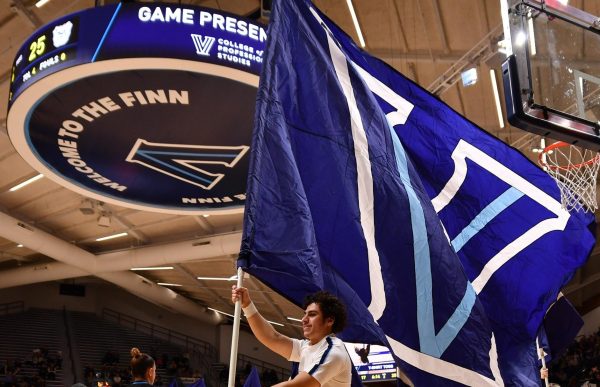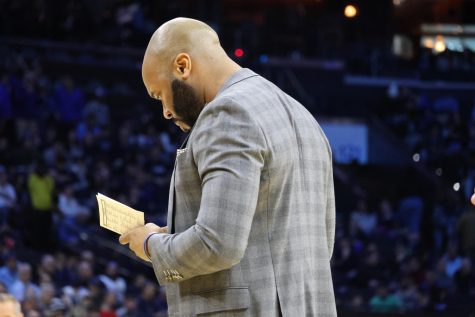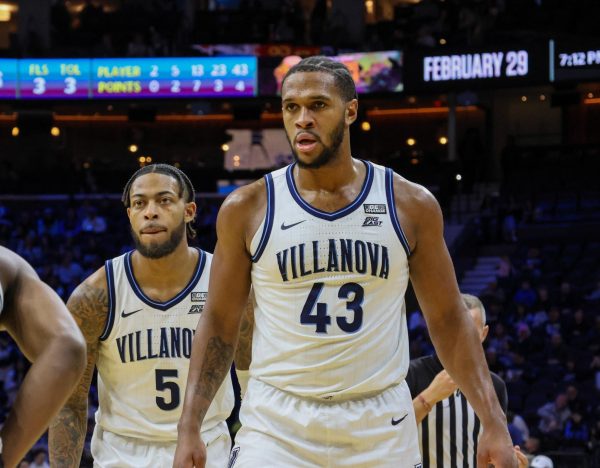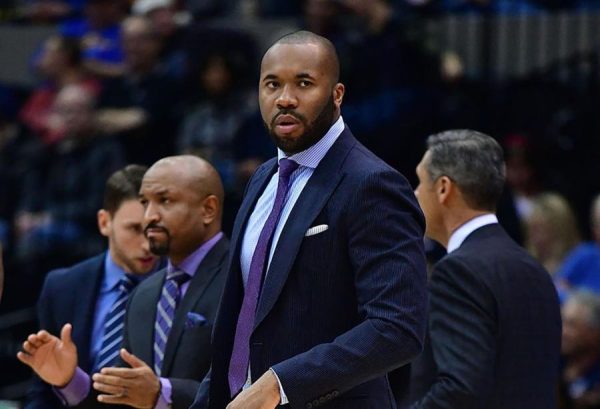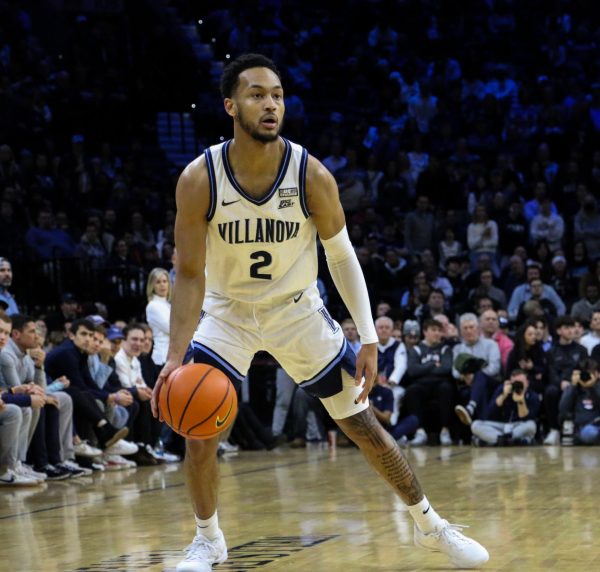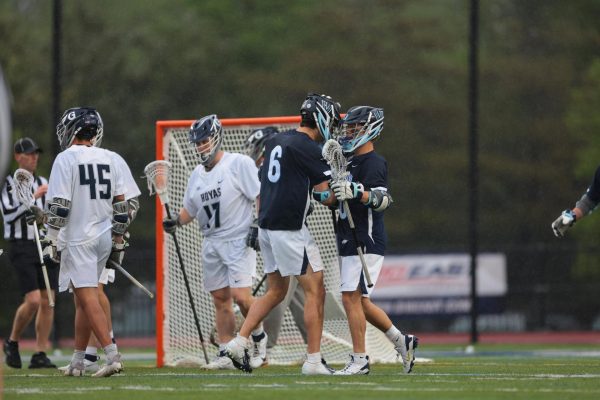Fantasy baseball different from the rest
April 7, 2010
Two weeks ago, I found myself in the middle of my first fantasy baseball draft. I had been doing fantasy football for a while and have had relatively successful teams each year I have done it. Of the sports I follow, I probably understand the intricacies of basketball the best. I am in the middle of my first NBA fantasy league and am slotted to finish third in a league of 16 teams — not bad for a first timer.
I had always been reluctant to play fantasy baseball for a number of reasons.
First, the number of players on a team is ridiculous. The draft for an eight-team league took two hours to finish, and if it were not for my lack of preparation before hand, I probably would have put together a list of players for Yahoo! to choose from and let my team draft itself.
Second, drafting can get complicated. It is almost like there are two mini-drafts going on as you draft a baseball team. On one hand, you have to worry about putting together the best offensive team possible.
On the other, you have to put together a roster of solid pitchers who will get you strikeouts, holds, saves, a low ERA and everything else your heart desires. Also, don’t forget about that WHIP.
However, you cannot put one off until the later rounds either, considering offense is one-half of the scoring in fantasy baseball and pitching is the other.
Lastly, fantasy baseball is, without a doubt, the most time-consuming fantasy league you can join. Fantasy football only takes a few minutes out of your Sunday morning. You can organize your basketball team for the week in about a half hour.
With baseball, you have to worry about who is starting on what day, who may appear in a relief appearance, who is on the disabled list, what the lineup is that the pitcher will face, in some cases whether a pitcher is starting or coming out of the bullpen and, in extreme cases, look at a pitcher’s success in the day time as opposed to pitching in a night game.
It gets needlessly complicated and time consuming. Doing this on a daily basis will definitely take away from time that could be spent doing some more productive things.
However, joining a fantasy league only serves to help the average fan become a better sports fan.
If you pay attention to other people during a fantasy draft, you can tell who is a casual fan, who watches a game on occasion and will catch the opening minutes of SportsCenter, versus the hard-core friend who watches SportsCenter three times before leaving in the morning, has every new statistic and Top 10 play memorized and will drop everything they are doing for the “big game” that is really just another game.
The former will pick every big name he recognizes, putting together a mediocre team. I am thinking of the one guy who picked Minnesota Twins closer Joe Nathan in this year’s draft, bragged about his draft pick, only to get ridiculed for an hour for using an early pick on someone who is already listed as out for the season.
The sports fanatic will take a chance on someone with an upside that only a true fan would know about, brag about how this player is set to have a breakout season, but still has his or her fingers crossed hoping that the move was not a huge mistake.It takes hours of watching ESPN and listening to Joe Buck calling games in order to reach this status.
If you are someone like myself, whose enjoyment of watching sports is derived from the love of playing sports and who actually has some general understanding of what he or she is talking about, yet cannot list the Chicago Cubs lineup from 1982 by heart, fantasy sports definitely help you understand sports on a different level. Fantasy sports require research if you want to be successful, and when you conduct that research, you start to come across the names of talented individuals who do not always make the highlight reel.
When you find yourself in leagues with over 10 teams and one player is killing your numbers on a weekly basis, no-name players who are a better alternative suddenly become a God-send and a player to watch for on your daily quest for sports knowledge. It is just fun.
It is that simple. People play fantasy sports because they find them fun, and if you are doing your job, you can learn about new players and develop a sense of attachment to the players on your team along the way. It is also great to question your friend’s “fanhood” when your team crushes theirs in Week 8. Just remember to trash talk after you win, because like its real-life counterpart, anything can happen in fantasy sports.
———————-
Corey Marine is a senior communications major from New York, New York. He can be reached at [email protected].


